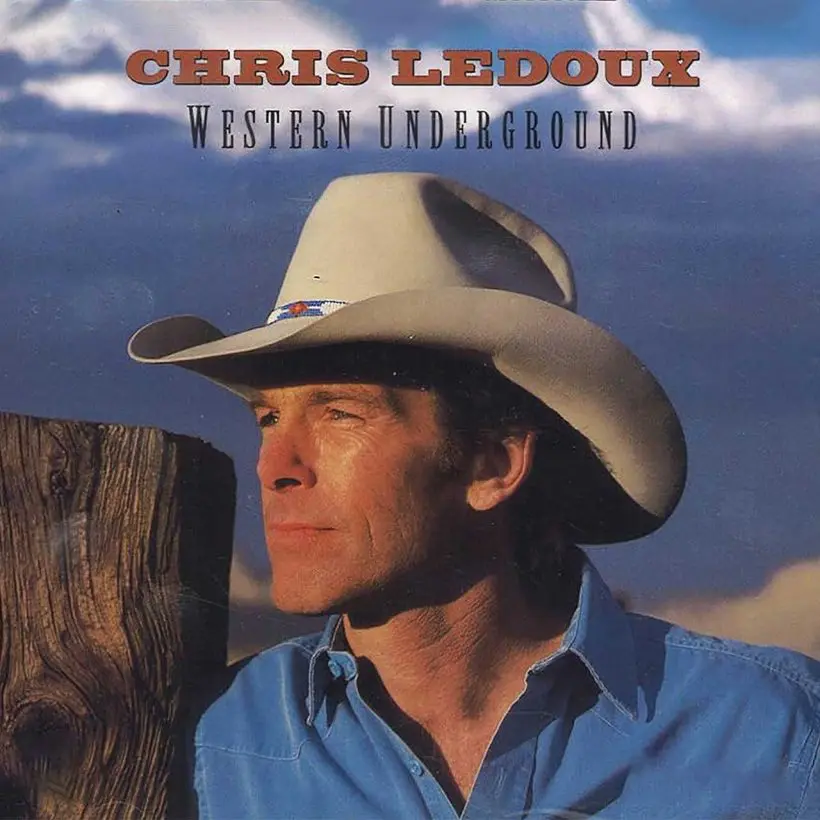‘This Cowboy’s Hat’: Chris LeDoux’s Iconic Cowboy Song
Cowboy cool was never a trend for Chris LeDoux, the most uncompromising of the ’90s hat acts. This is the story of his most famous song.

Country music’s relationship with cowboy hats ebbs and flows – they’ll spend a decade in vogue before the next generation deems them passé, after which credibility-seeking revivalists will start wearing them on stage. But cowboy cool was never a trend for Chris LeDoux, the most uncompromising of the ’90s hat acts and – by the strictest possible definition – country music’s most successful actual cowboy. That his best-known song is “This Cowboy’s Hat,” then, is fitting: The cinematic tune is one cowboy’s pledge of allegiance to (what else) his hat, and presumably to the ranching and rodeo life. While the song never became a chart hit, over the years it’s turned into an anthem for listeners who found Nashville’s version of the frontier phony, as well as an emblematic entry point to LeDoux’s vast catalog.
The singer-songwriter made headlines early for being a real singing cowboy – not a Hollywood type like Roy Rogers and Gene Autry or a Bakersfield buckaroo like Buck Owens. LeDoux, who was introduced to rodeo when his family moved to Austin and continued to ride once they landed in Wyoming, became a bona fide rodeo star, first at Eastern New Mexico State University and then as a world champion bareback rider in 1976. By that time, he’d already self-released five albums of Western tunes that he would, apocryphally, sell out of the back of his pick-up at the rodeos where he competed.
Listen to Chris LeDoux’s “This Cowboy’s Hat” now.
“This Cowboy’s Hat” came to LeDoux as his rodeo career was beginning to wind down. His rodeo compadre and fellow songwriter Jake Brooks penned the tune in the early 1980s, and LeDoux became the first to record it for his 1982 album Used to Want to Be a Cowboy. Porter Wagoner scraped the bottom of the country charts with the song a year later, but otherwise, it was just as obscure as all of LeDoux’s numerous other records from that period – which were becoming popular enough among denizens of the rodeo circuit and country aficionados to create a steady income for the singer-songwriter.
An unlikely cosign changed all that: “A worn out tape of Chris LeDoux, lonely women and bad booze/Seem to be the only friends I’ve left at all,” Garth Brooks sang on his 1989 debut single “Much Too Young (To Feel This Damn Old),” instantly turning the cult-favorite cowboy singer into a badge of country authenticity – and an obvious choice for any Music Row label looking to cash in on the neo-traditional trend. Around the same time, LeDoux’s first music video was put in rotation on CMT, making his cowboy cred obvious. Liberty, Capitol Records’ Nashville subsidiary, signed him shortly thereafter; 19 albums into his career, LeDoux recorded his major label debut, which included a re-recorded version of “This Cowboy’s Hat.” The core of the song was the same – its theatrical, spoken-word verses about a cowboy who gets mocked by bikers in a saloon and then quickly sets them straight, its decided twang – though, naturally, the Nashville version was a bit slicker.
“It has so much depth,” LeDoux told the Dallas Morning News in 1997. “Initially, people thought it was just about this cowboy’s and these bikers’ confrontation. But the real message is no matter what culture you come from, how we dress or talk, we all have these things in common. It’s a wonderful song. It’s sort of become an anthem for us and our fans.”
Even with Garth’s cosign, LeDoux didn’t get much traction on the radio – and certainly not with “This Cowboy’s Hat.” Even so, the song has become part of the country canon: An homage to the real-life self-reliant characters who make up American myth, made by an artist who practiced what he preached more than most. “This Cowboy’s Hat” shows LeDoux’ commitment to cowboy poetry and storytelling – a practice that he saw as totally of a piece with roping and riding.
“[Cowboys] are idealistic, basically poetic, or whatever you call it,” LeDoux said in 1977, fresh off his rodeo title. “In such a world of reality, they are unrealistic. They dream of winning the world championship and becoming famous. It’s a romantic life.”












